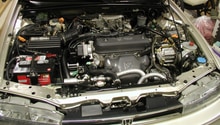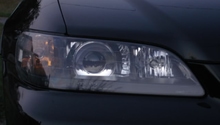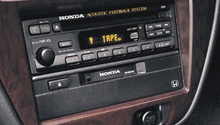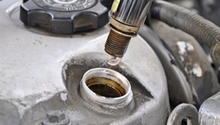Honda Accord: Why Won't My Battery Charge?
It could be a nag when your Accord's battery fails to charge. What's worse is not knowing the source of that problem. This article helps you to pinpoint and solve the possible causes for your battery's failure.
This article applies to the Honda Accord (1990-2002).
The battery is your vehicle's foundation for all mechanical functionality. A failing battery affects the ignition, lighting, motion, diagnostics, car stereo, locking, and several other components. A failure in your Accord's battery may be caused by excessive wear and prolonged use. In such an instance, replacing it is required. But if the battery is in great condition and still not charging, other mechanical problems might need to be addressed. This guide will help you to pinpoint the possible reasons why your Honda Accord's battery is not charging, what's causing it not to charge, and how it can be solved.
Step 1 – Check the battery
An old, worn-out battery in your vehicle will struggle to recharge. Motoring experts advise for a battery replacement when there's a sluggish engine crank during ignition, the check engine light is on, there's a low battery fluid level, any leaks are present, or it has a bloated battery case. Also, experts suggest replacing a battery about every three years. If the battery is not replaced before this time, its condition should be supervised regularly because the only thing a dead battery can power are the door lights. Use a voltmeter to check the battery's output. If the reading shows 14.5 volts or less when the car is running, it should be changed.
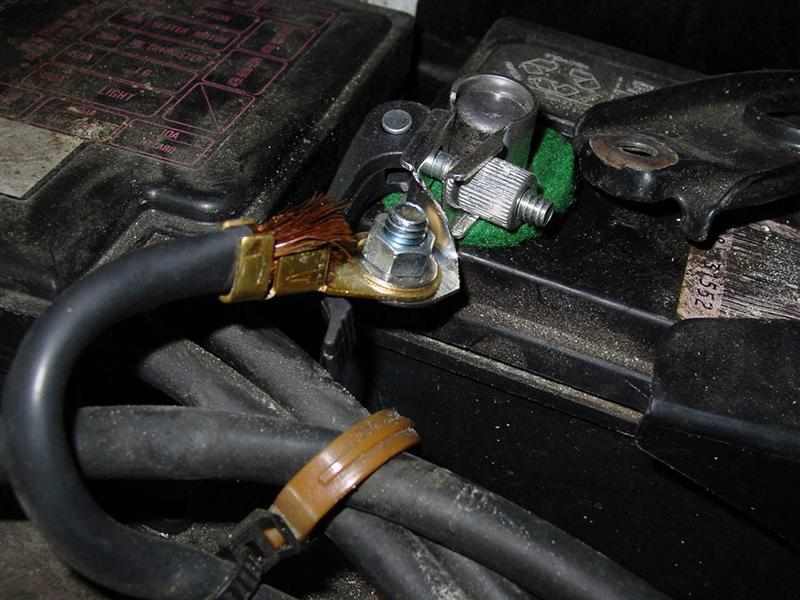
Pro Tip
If the battery is worn out, first have it replaced with a new one. This will pinpoint other mechanical problems because those depend on a battery that is in good condition.
Step 2 – Check the fuse
For someone not seasoned in automotive mechanics, a simple cause for the battery's failure to charge may be overlooked. In fact, you may throw away a perfectly good alternator when the problem might be a blown fuse. Check the Accord's fuse box, which is located under the hood and near the passenger side. When this fuse is blown, the alternator won't charge the battery. Replacing fuse number 15 with a new fuse of 7.5 amperage should be able to revive the alternator.
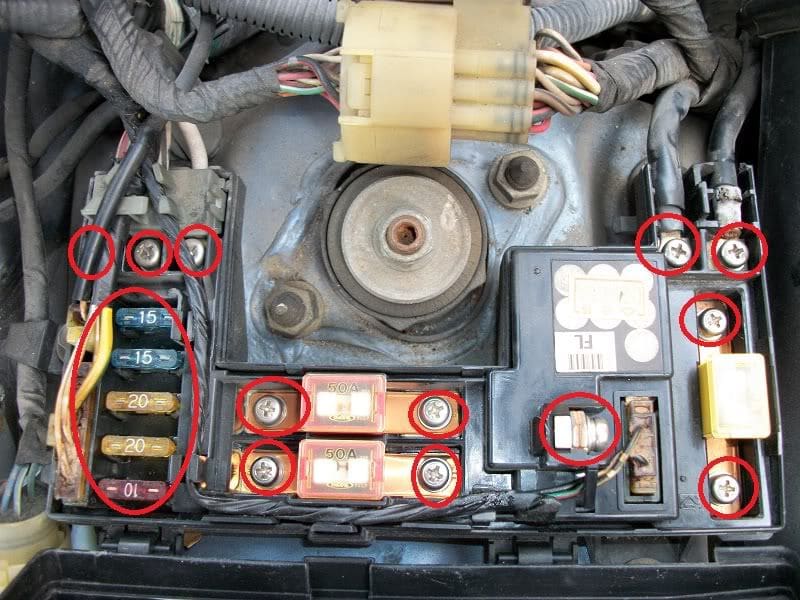
Pro Tip
Tracing the alternator's problem to fuse 15 can prevent the need for a new alternator or battery and save you a lot of money.
Step 3 – Check the alternator
The alternator recharges your battery when the car is in motion. If it's faulty, the battery of your vehicle will not hold a charge. To diagnose a faulty alternator, you will need to do the headlight test. The headlight test is done outside while the vehicle is in park. Jack up the rear wheels of the car, switch the headlights on, and press down on the accelerator pedal. If the headlights flicker, become dim, or get brighter when the pedal is pressed, then the alternator is faulty. If the headlights' brightness remains constant during this test, the alternator is fine. Also, If the vehicle dies while running, this could be an indicator that the alternator is faulty or has loose wires (the black and yellow wires), inhibiting the alternator to charge the battery.
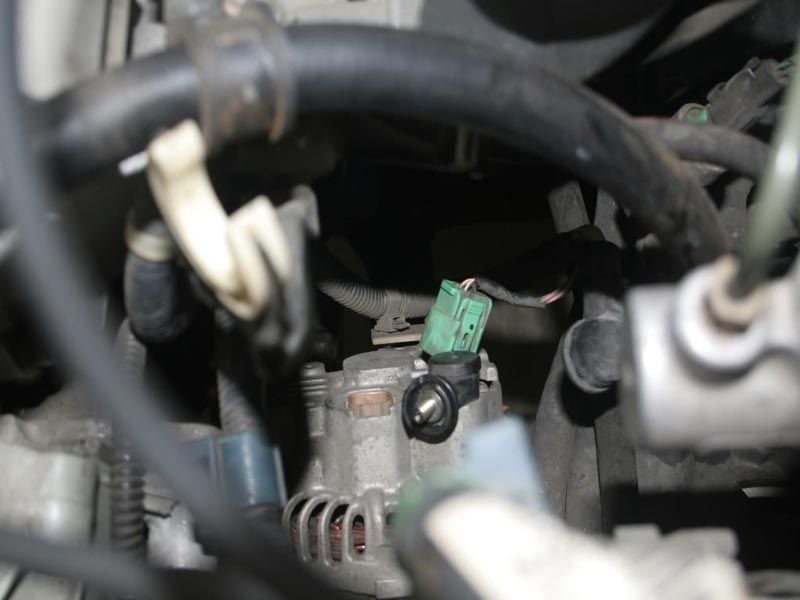
Warning
The headlight test should be conducted outside because there is a high emission of harmful carbon monoxide fumes.
Related Discussions and Sites
- Accord '91 Fuse Box Diagram - Honda-Tech.com
- Battery Not Charging Discussion - Honda-Tech.com
- '98 Accord Battery Won't Charge - Honda-Tech.com
- '96 Accord Charging System Problem - Honda-Tech.com
- Alternator Problem - Honda-Tech.com
- Alternator Not Charging Battery - Honda-Tech.com
- When Is It Time for a New Battery? - FirestoneCompleteAutoCare.com
- How to Test the Alternator - TroubleShootMyVehicle.com



